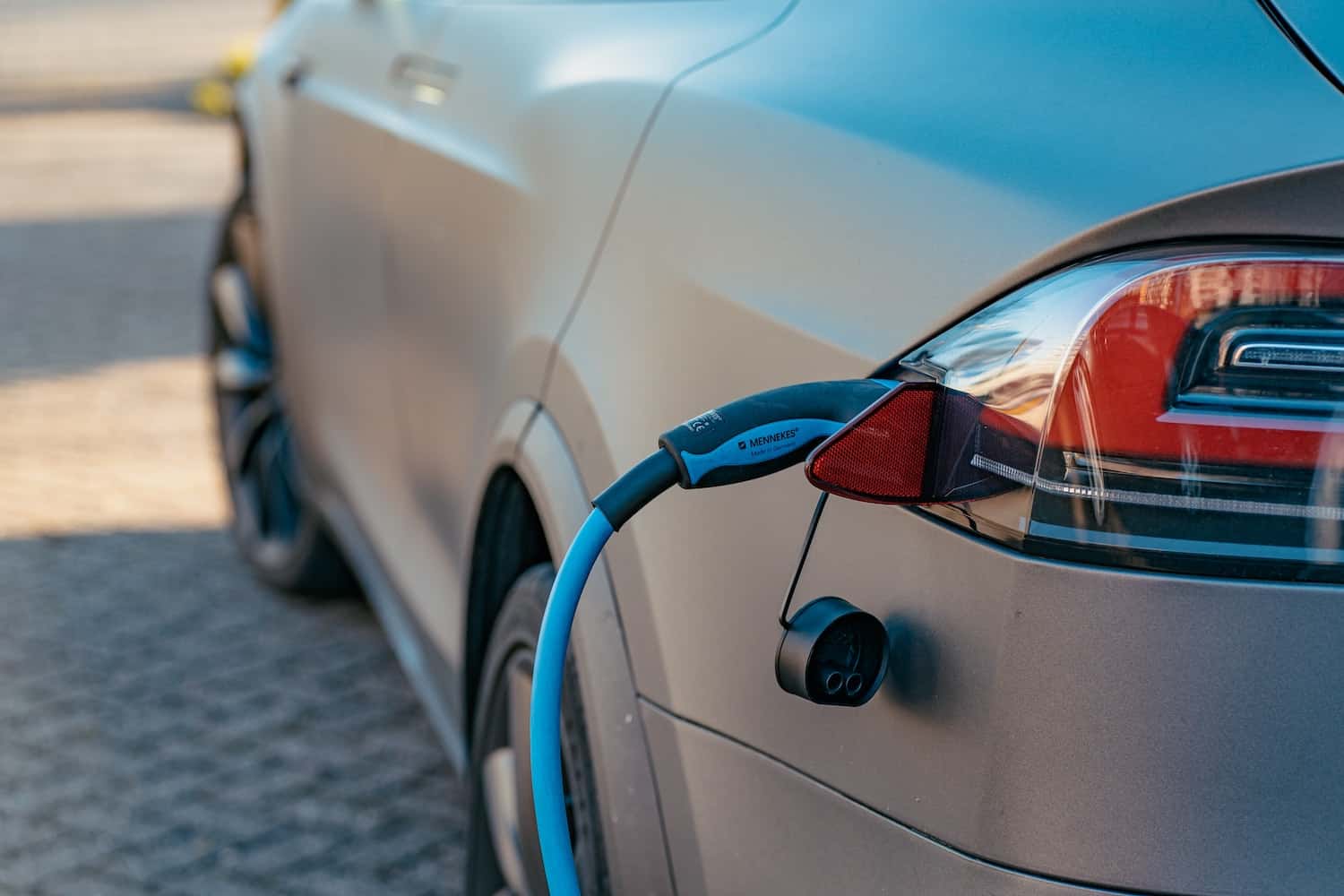You may have seen it. The world is changing. Major automobile manufacturers from GM to Jaguar have announced they are going to phase out gasoline powered cars in the next fifteen to twenty years and make only electric powered vehicles. That means electric vehicles (EV’s) are going to be a whole lot more available and affordable than they are now. But what about the infrastructure?
If you’re only using your car to commute back and forth to the work, visit friends and run errands, you can plug in at home. But what if you want to travel? What if you want to drive a long distance? Will there be enough charging stations along the way? How will you find them? How long will it take to charge? And what will it cost?
Finding Charging Stations
Companies like EVinmotion are working hard to build out the infrastructure by installing charging stations at service stations, hotels, parking garages and other locations throughout the US. There are currently hundreds of EV charging stations across the US with more being added every day.
To find them you can use a locator app like PlugShare. PlugShare’s trip planning feature allows you to enter your starting and ending locations. Then it pulls up a map with driving directions and charging stations along the way. You can also type in a location and search for charging stations in the surrounding vicinity.
The Alternative Fueling Station Locator at the Alternative Fuels Data Center is another mapping resource to find EV charging stations. At present you can easily drive across the US with the EV charging stations available. You just need to do some advance planning to find the best route.
Time to Charge
Currently the time it takes to charge an EV depends on the power of the charging station, the maximum power accepted by the vehicle’s charger, the type of cable being used, and the amount of charge already in the car. Assuming the car is completely depleted, charging at home takes about 8 hours. But charging on the road can be much faster, depending on the station. Fast charging stations (those with power between 7.4 and 22kW) take 2 hours. Even faster charging stations (those with power between 43 kW and 50 kW) take 30 minutes.
Because refueling an electric car is not the same in-and-out experience as fueling a gasoline powered car, it’s best to charge overnight, if possible. That’s why EVinmotion is building out a network of EV chargers located at popular hotels. On long distance trips it’s simple a matter of choosing hotels that offer EV charging stations before setting out.
The Cost
But what will it cost? As one example, a Tesla Supercharger, which can fully charge a Tesla in 40 minutes, costs between $7 and $8.50 per 100 miles. By way of comparison, to drive the average gasoline powered car 100 miles today costs about $9.50 in fuel. So not the jaw dropping savings you might have imagined, although Tesla does offer free charging for a year for those who buy its new Model 3.
When you weigh the fact that the price of a new EV is on average $19,000 higher than a gasoline-powered vehicle, you may not think it’s worth it to go electric. But the cost of charging is lower when you charge overnight than when you charge at a superfast charging station. In fact, it’s estimated that over the anticipated 15-year life span of an EV, the electricity required to run a battery-powered electric car can be as much as $14,480 cheaper than fueling with gas. Then there are the maintenance costs, which are much lower with an EV, because they don’t have all those moving parts.
Long Distance Travel by Electric Car
Finally, you have to take into account the changing market. To this point, EV’s have been mostly luxury vehicles. But that’s about to change. As major automobile manufacturers roll out their new fleets, the prices of EVs will come down, making them competitive with gas-powered vehicles. When all is said and done, EV’s will be cheaper to operate and maintain than gas-powered vehicles and cost about the same to buy.
And if you want to take a long road trip, companies like EVinmotion have you covered, building out a vast network of charging stations across the nation, so no matter where you want to travel you will get the power you need to keep going.
Sources
Blanco, Sebastian. “EV Charging Stations: Where to Find Them, What Type You Need, How to Pay,” Car and Driver, 3 December 2019, website
“How Long Does it Take to Charge an Electric Car,” EVinMotion, accessed 26 February 2021, website
Palmer, Brian. “Electric vs Gas: Is it Cheapr to Drive an EV?” NRDC, 31 July 2020, website
Image credit
Photo by Ernest Ojeh on Unsplash

